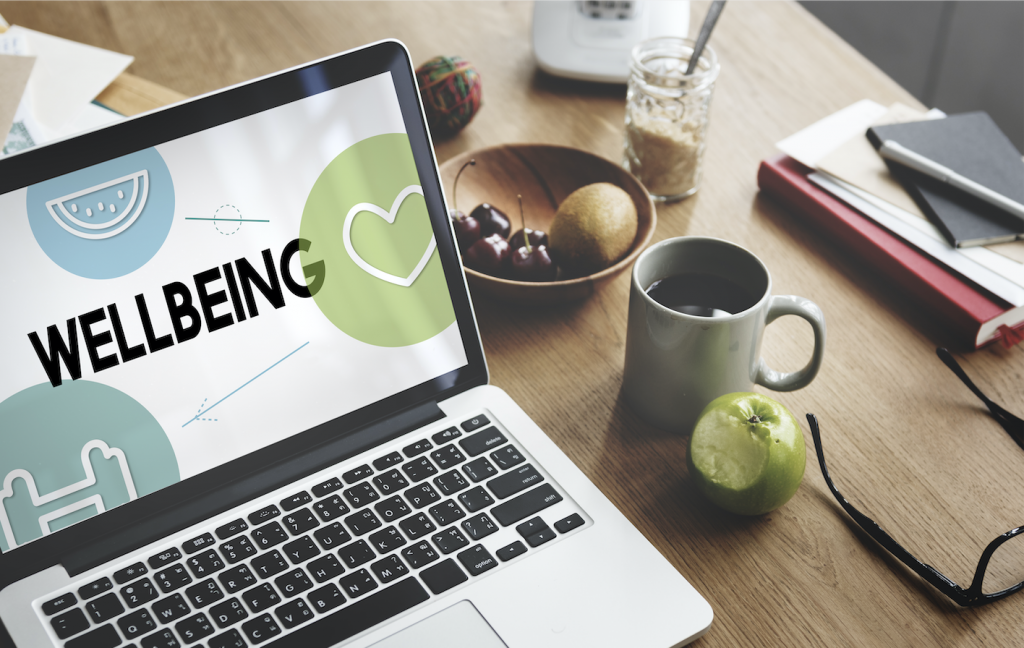Women’s health and wellbeing is suffering more than their male counterparts in a hybrid working world, according to new research from Vitality.
According to a survey of 2,005 UK office workers, more women than men, or 35 per cent, reported higher levels of stress. In addition, more women than men reported declines in their mental health (28 per cent vs. 18 per cent) and physical fitness (31 per cent vs. 17 per cent).
This may be the reason that 71 per cent more women than men, 53 per cent, are demanding for even more flexibility in their work schedules and locations in order to enhance their health and wellbeing in the long run. Over half of those polled, or 46 per cent of women, said they would be likely to leave their jobs if their employers didn’t prioritise their health and wellness as part of a hybrid working strategy, demonstrating that they are holding their employers to a higher standard.
Nearly three in ten people, or 29 per cent, want to give their employer some of the responsibility for their physical and mental health. Around 82 per cent of respondents believe their companies now have a larger obligation to offer health and wellness support following the epidemic.
Both men and women believe that hybrid working is the ideal setting for their mental health when considering which one supports them the most. Additionally, when it comes to productivity, 38 per cent of women and 39 per cent of men preferred hybrid working.
Employees continue to disagree on which workplace setting will best meet all of their needs, which may help to explain why 32 per cent of corporate leaders, or one-third of the C-suite, say that implementing health and wellness assistance for a hybrid workforce is “difficult.”
Vitality director of health strategy and behaviour change expert Dr Katie Tryon says: “Our report shows that both employers and employees are in agreement on the many benefits of hybrid working for supporting health and wellbeing. In practice, it’s clear that a ‘one size fits all approach’ in this new working world just doesn’t work for many women.
“We know the work-life juggle for women is still a key challenge post-pandemic, having a real impact on their mental health, sleep patterns, energy levels and happiness. This could be for many reasons, from women often taking on a greater proportion of the caring responsibilities to feeling greater pressure to prove themselves at work or facing the effects of female-specific health issues like the menopause.
“Ensuring women have the flexibility to work in a way that best suits them as individuals and supports their own health and wellbeing is key, and it’s great that we’re seeing this shift with hybrid working. But building healthy hybrid workplaces means businesses need to evolve from tick-box polices to personalised programmes using their own data and technology. By building a clear picture of what your employees need and incentivising positive behaviours, we have the potential to unlock powerful benefits for employees, for businesses and for society.”
